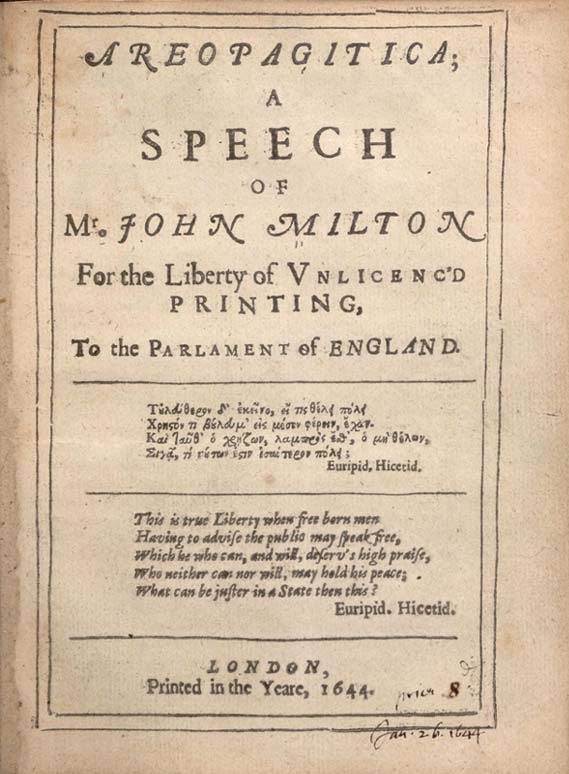
In June 1643, amidst the furnace heat of civil war, Parliament issued a prohibition of unlicensed publications. This Ordinance for the Regulating of Printing rescinded freedoms that had existed since the abolition of the Star Chamber, a judicial court notorious for its abuses of power, in 1641. For two years, the unlicensed presses had churned opinion, controversy and fringe views, uninhibited by government censorship. ‘Licence’ is a complex word that points to the difficult relationship between individual and collective freedoms. It derives from the Latin licentia, which in turn is related to licet, ‘it is permitted’, but also licens, meaning ‘bold’ and ‘unrestrained’. When we drive with a licence, we are permitted a freedom by law. But if we drive licentiously, or without due restraint, we may find our freedoms legitimately encroached upon. Some liberties are granted for obedience, others are assumed by the individual regardless of established legal or social norms. In 1643, individual liberty of expression was curbed as State concern about licence in the public sphere led to the return of licensing. Those who printed without permission, or without giving an author’s name, risked having their books burnt and being sent to prison. Admittedly, this was preferable to being burnt as well as your books, which could happen under the Inquisition, and did, in some Catholic countries, through to the nineteenth century.
John Milton, now best known as the poet of Paradise Lost – itself a profound meditation on obedience and its limits – objected to the return of licensing. Why, he asked, fight to overthrow the tyranny of unrestrained monarchy and drain the cesspit of the Star Chamber, if only to usher back its spirit of control? This is the question that motivates his great prose work Areopagitica; A speech of Mr. John Milton for the Liberty of Unlicenc’d Printing, to the Parlament [sic] of England, which was published towards the end of 1644, when he was 36 and already a well-known writer. True to his principles, and characteristically defiant, Milton gave his name, but published without a licence. He spoke with his actions as well as his words. Laws, he believed, could be defied where they conflicted with a strictly examined conscience. In Milton’s double revolutionary context, the importance of this cannot be overstated. The Protestant Reformation hinged on the belief that God’s light shone from within; it was not received via the external authority of Popes and bishops. Milton was also at war, in words at least, with a monarchy that, in his view, aped popish ceremony and dictatorial presumption. Absolute authority, Milton believed, exists only in heaven. Disobedience may have been disastrous for Satan and his fallen angels, and it did not work out well for Adam and Eve, but it was very much on the table for the freethinker in seventeenth-century England.
Milton had also published, the previous year, anonymously and without a licence, The Doctrine and Discipline of Divorce: Restor’d to the Good of Both Sexes, From the Bondage of Canon Law, a radical (for the time) argument that divorce, then allowed only in very limited circumstances, should be possible simply on the basis of incompatibility between man and wife. This outraged the clergy, who saw it as promoting sexual licence. Milton’s tract was first published on 1st August 1643; the Ordinance for the Regulation of Printing had come into force in June. His tract was mentioned with disgust in Parliament by those arguing for censorship. Herbert Palmer, a Puritan clergyman, read a sermon to Parliament in 1644, stating that Milton deserved to be burnt for this tract.
If Milton broke actual laws by publishing Areopagitica, there is also something unruly about the form and manner of his work. He calls it a ‘speech’, addressed ‘to the Parlament of England’. But Areopagitica is not a speech – it is too long and rhetorically demanding for such purposes – and it was not given in Parliament, a forum where Milton had no licence to speak. Areopagitica first appeared in the more lowly form of a pamphlet – a transitory, rough and ready articulation, another bundle of pages in a Babel of public print.
Milton was provoking questions about the right to be heard but also, crucially, about authority. At this point, he had little licensed authority himself and was viewed in some quarters as a crackpot. His authority is thus assumed, with a verve that borders on arrogance; it is grounded in his deep learning, in the evident power of his intellect, and in the brilliance of his literary skills. He also possessed a deep conviction that truth was on his side and that truth, in the end, would shine through.
Any revolutionary power base, the thing Parliament was becoming, begins as a challenge to existing authority, in this case, to the ‘divine right’ assumed by Charles I. The very logic of such a power base, that of dissent, entails the prospect of its own undoing at the hands of the next stage of the revolution. This is the toothpaste that Edmund Burke tried to put back in the tube after 1688, arguing for a monarchical reset based on limited powers and a flavour of mystique. Arguing from the French revolutionaries’ descent to government by guillotine, he proposed a pragmatic status quo based on an aesthetically pleasing but disempowered hereditary monarch. Authority is necessary, but it cannot operate without a foundation or generally accepted centre. Burke believed that the jewels, golden coaches, and ceremony of monarchy provided exactly this.
Milton would have hated any such idea as a very real hell on earth, as a sagging and cynical crypto-papist State. He believed that authority must rest on the consent of individual reason as it works towards the discovery of truth. And golden coaches were of no use for this journey. To him, all people were part of God’s creation, endued with a conscience and a reasoning capacity to distinguish right from wrong. They were able to make their own decisions about how they should be ruled. They were not sheep to be tricked into the fold, distracted by glittering gewgaws. To the Christian fundamentalist, the answer was simple: to hold up the Bible as the answer to all questions. But Milton was too well-educated to think of Scripture as a set of rules. He knew it for what it is, a linguistic and textual smorgasbord, full of symbols, allegories, parables and poetry. It required educated and judicious interpretation, and it is this process, rather than static diktat, on which true authority must be based. A ruler justifies his authority, writes Milton, when his ‘prudent spirit acknowledges and obeys the voice of reason from what quarter soever it be heard speaking’. The key phrase here is ‘what quarter soever’; we must be ready to hear all rational voices, to plunge into the ocean of opinion in order to become expert swimmers. Those who write with evil intent, to promote popery and undermine the commonwealth, must be identified and stopped; complete freedom of speech has never been entertained by the wise. But those who are simply misguided, or plain wrong, must be allowed their say, even where – especially where – it conflicts with current official views. This is not some TalkRadio idea of ‘free speech’: ignorant people should not be taken seriously on subjects where their authority is based on nothing more than easily swayed emotion. It is to recognise that, in our fallen world, it requires great skill to extract truth from the vast deserts of error and evil that surround us. Licensing, Milton argues, will blunt our capacity for critical thought, leaving us vulnerable to seductive but dangerous words. Censorship, he writes,
‘will be primely to the discouragement of all learning and the stop of truth, not only by disexercising and blunting our abilities in what we know already, but by hindering and cropping the discovery that might be yet further made both in religious and civil wisdom.’
Given that some parliamentarians had been mutilated for expressing their beliefs (William Prynne, for example, had his ears ‘cropped’), Milton’s language could not be more immediate. For him, a lack of ears symbolised an urgent duty to listen. Authority should not be hereditary; it must be earned through hard work, and that work is the work of the mind, of knowing the world, and of knowing the minds of others through their words. Not the abstractions of the ivory tower, but working things through while embattled on all sides by contending voices:
‘I cannot praise a fugitive and cloistered virtue, unexercised and unbreathed, that never sallies out and sees her adversary, but slinks out of the race where that immortal garland is to be run for, not without dust and heat. Assuredly we bring not innocence into the world, we bring impurity much rather: that which purifies us is trial, and trial is by what is contrary.’
The price of free thought for Milton was a moral obligation to go to war amidst words, to be a soldier in the cause of truth and collective prosperity. Those who silence voices will never keep the world pure. Their licence to remove the liberty of others will simply cheapen virtue by attaching it to the dubious privilege of an unexamined and unenquiring life.
For a bibliography of our articles on free speech and free thought, see: Free Speech in the Freethinker.
Enjoy this article? Subscribe to our free fortnightly newsletter for the latest updates on freethought. Or make a donation to support our work into the future.


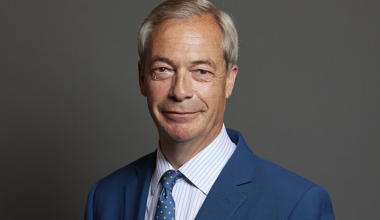
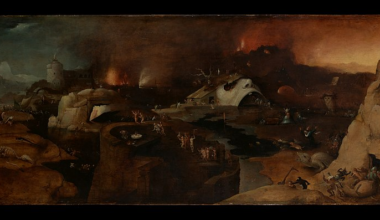
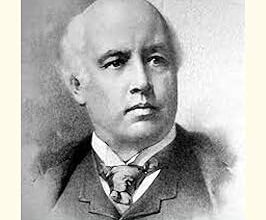
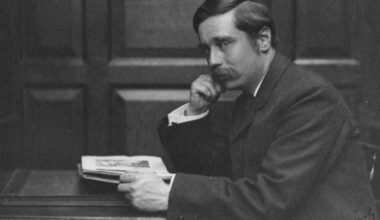
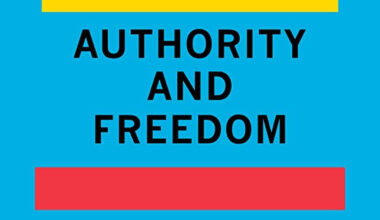
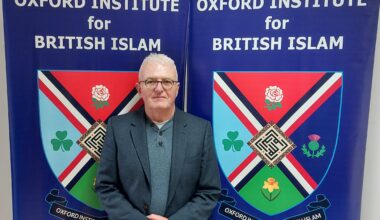
Your email address will not be published. Comments are subject to our Community Guidelines. Required fields are marked *
Donate